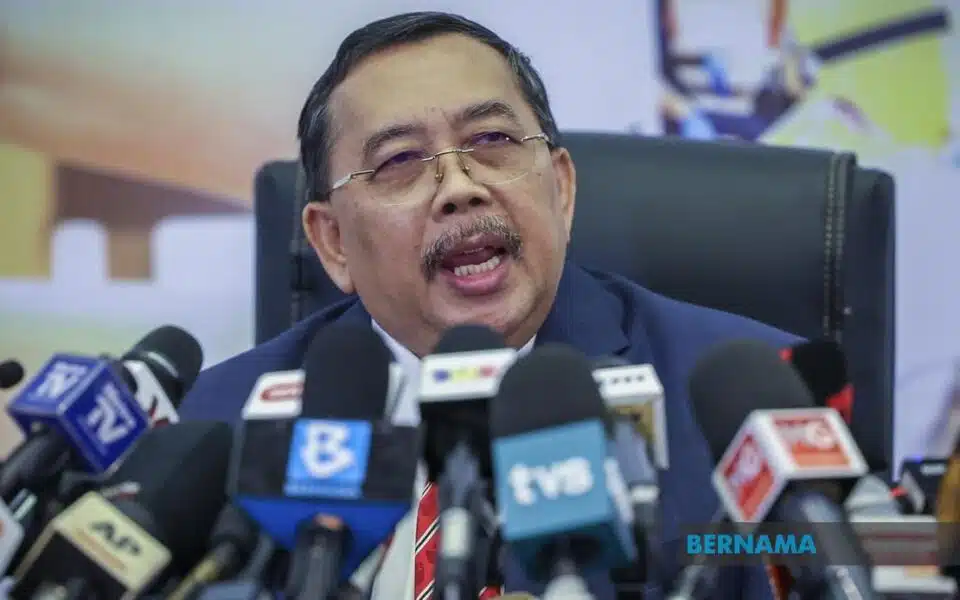By Selangor Journal Team
SHAH ALAM, Jan 1 – The Election Commission (EC) has confirmed that there will be no constituency redelineation for Peninsular Malaysia and Sabah until the completion of the mandatory eight-year interval, which is due to end in 2026 and 2025 respectively.
Its chairman Tan Sri Abdul Ghani Salleh, in a statement, clarified that any re-delineation process must adhere to the Federal Constitution, which stipulates an eight-year gap between such exercises.
“A proposal for the review of electoral boundaries will only commence following a notification by the EC to the Speaker of the Dewan Rakyat and the prime minister, accompanied by the publication of a notice as provided under Part II, Section 4, Thirteenth Schedule of the Federal Constitution.
“The EC has no immediate plans to undertake a redelineation exercise for Peninsular Malaysia and Sabah, considering their delineation period is still in effect,” he said today.
The last time a redelineation exercise was conducted in these two regions were in 2018 and 2017 respectively.
As for Sarawak, Ghani said the EC is currently evaluating the feasibility of initiating a redelineation process in the state, which last held a review in 2015, over eight years ago.
This means the state is now ripe for a redrawing of electoral boundaries.
The statement comes in light of election watchdog Tindak Malaysia’s claim that Sarawak constituencies are currently grossly malapportioned, citing imbalance in the number of voters in several seats.
There have been speculations that the state could get about a dozen additional parliamentary seats in the next exercise.
According to constitutional guidelines, a redelineation exercise can only be done eight years after the last review, or if there is an amendment to the composition of the number of MPs or state assemblymen.
In today’s statement, Ghani also explained that key principles for setting electoral boundaries include ensuring fair voter access without crossing state lines and available administrative resources for voting processes, striving for an equal number of voters in each constituency (with exceptions for rural challenges), and preserving local community ties.





